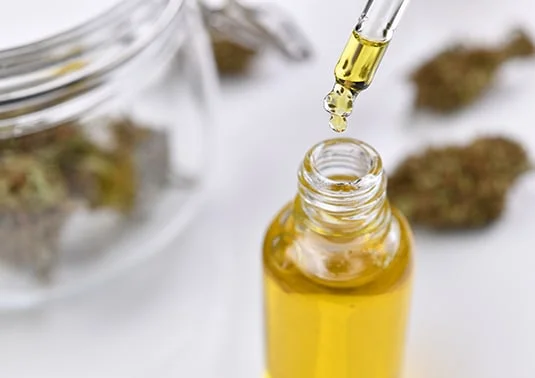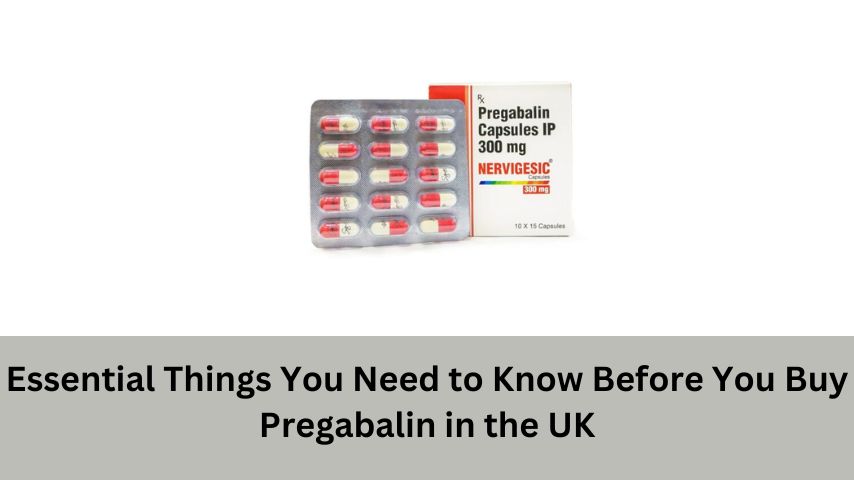In today’s wellness-driven world, consumers are increasingly seeking natural solutions to enhance their overall health and happiness. Among the plethora of options available, CBD products have emerged as a frontrunner, offering a holistic approach to well-being. As businesses strive to meet this demand, white label CBD presents a compelling opportunity to empower brands and connect with discerning consumers. In this comprehensive guide, we delve into the world of white label CBD, exploring its benefits, opportunities, and how it can elevate your brand’s presence in the thriving health and wellness market.
Understanding White Label CBD
Before we delve into the myriad advantages of white label CBD, it’s essential to grasp its fundamentals. White labeling refers to the practice of purchasing pre-made products from a manufacturer and branding them as your own. In the context of CBD, this means partnering with a reputable supplier who manufactures high-quality CBD products and affixing your brand’s label to them. This allows businesses to offer CBD products under their own branding without the need for extensive research, development, or manufacturing capabilities.
The Benefits of White Label CBD
Streamlined Entry into the Market
For businesses looking to enter the CBD market, white labeling offers a streamlined pathway. By leveraging existing products from trusted manufacturers, brands can avoid the complexities and costs associated with product development and manufacturing. This enables faster market entry, allowing brands to capitalize on the burgeoning demand for CBD products.
Brand Customization and Flexibility
White label CBD empowers brands with the freedom to customize products according to their unique specifications. From product formulation and packaging design to branding elements such as logos and labels, businesses have full control over how their CBD products are presented to consumers. This flexibility enables brands to align their offerings with their overall brand identity and cater to specific target demographics.
Quality Assurance and Regulatory Compliance:
Partnering with reputable white label CBD manufacturers ensures product quality and regulatory compliance. Established manufacturers adhere to stringent quality control measures and often possess certifications such as Good Manufacturing Practice (GMP) compliance and third-party testing for potency and purity. This instills confidence in both brands and consumers, fostering trust and credibility in the marketplace.
Cost-Efficiency:
Developing and manufacturing CBD products in-house can be capital-intensive, especially for small to medium-sized businesses. White label CBD offers a cost-effective alternative, allowing brands to access high-quality products at a fraction of the cost of setting up their own production facilities. This cost efficiency enables brands to allocate resources towards marketing, distribution, and other growth initiatives, driving overall profitability.
Navigating the White Label CBD Landscape
As the popularity of CBD continues to soar, the white label CBD market has become increasingly crowded, with a myriad of suppliers vying for business. When selecting a white label CBD partner, it’s crucial to conduct thorough due diligence to ensure compatibility and reliability. Here are some key factors to consider:
Product Quality
Prioritize suppliers who uphold the highest standards of quality and purity. Look for manufacturers who utilize organic hemp, employ CO2 extraction methods, and conduct comprehensive third-party testing to verify potency and purity.
Transparency and Communication
Choose a partner who values transparency and maintains open lines of communication throughout the white labeling process. Clear communication regarding product specifications, pricing, and lead times is essential for a successful partnership.
Regulatory Compliance
Verify that the white label CBD manufacturer complies with all relevant regulations and standards governing the production and sale of CBD products. This includes adherence to labeling requirements, THC limits, and any applicable licensing or certifications.
Scalability and Flexibility
Select a supplier with the capacity to scale production according to your business needs. Whether you’re launching a small pilot run or planning a large-scale rollout, ensure that your white label partner can accommodate your growth trajectory.
The Rise of Private Label CBD: Best Practices for Success
Within the realm of white label CBD, private label CBD has emerged as a strategic approach for brands seeking to differentiate themselves in a competitive market landscape. Private label CBD entails the customization of products not only in branding but also in formulation, allowing brands to create unique offerings tailored to their target audience. Here are some best practices for success in private label CBD:
Market Research and Consumer Insights
Before embarking on a private label CBD venture, conduct comprehensive market research to identify consumer preferences, trends, and unmet needs. Utilize consumer insights to inform product development and customization, ensuring alignment with market demand.
Differentiation and Innovation
Leverage private label CBD as an opportunity to differentiate your brand through innovation. Explore unique formulations, delivery methods, and product formats that resonate with your target audience and set your brand apart from competitors.
Brand Storytelling and Education
Capitalize on the power of storytelling to connect with consumers on a deeper level. Educate your audience about the benefits of CBD, the science behind its efficacy, and the values that drive your brand. Authentic storytelling fosters trust and loyalty, driving brand affinity and repeat purchases.
Collaboration and Partnerships
Forge strategic partnerships with complementary brands, influencers, and industry experts to amplify your private label CBD offerings. Collaborative initiatives such as co-branded products, influencer endorsements, and educational events can expand your brand’s reach and credibility within the CBD community.
Conclusion
In an era where consumers prioritize health, wellness, and authenticity, white label CBD offers brands a compelling opportunity to meet evolving consumer needs and differentiate themselves in a competitive market landscape. By leveraging the benefits of white label and private label CBD, brands can empower themselves to enhance their customers’ health and happiness while driving business growth and profitability. As the CBD market continues to evolve, strategic partnerships and a commitment to quality and innovation will be key drivers of success in the burgeoning wellness industry.
With the right white label CBD partner and a clear vision for your brand, the possibilities for growth and differentiation are limitless. Embrace the power of CBD to elevate your brand’s presence and make a meaningful impact on the health and well-being of your customers. Best Private Label CBD practices, when integrated seamlessly into your brand strategy, have the potential to transform your business and empower your brand’s journey towards health and happiness.
Frequently Asked Questions
What Is White Label CBD?
White label CBD refers to the practice of purchasing premade CBD products from a manufacturer and branding them as your own. This allows businesses to offer CBD products under their own branding without the need for extensive research, development, or manufacturing capabilities.
What Are The Benefits Of White Label CBD?
White label CBD offers several benefits, including streamlined market entry, brand customization and flexibility, quality assurance and regulatory compliance, and cost-efficiency. It allows businesses to access high-quality CBD products and offer them to consumers under their own branding.
How Does White Label CBD Differ From Private Label CBD?
While both white label and private label CBD involve branding pre-made products as your own, private label CBD typically involves greater customization in product formulation and packaging design. Private label CBD allows brands to create unique offerings tailored to their target audience, whereas white label CBD offers pre-made products for branding.
What Should I Look For In A White Label CBD Partner?
When selecting a white label CBD partner, it’s crucial to consider factors such as product quality, transparency and communication, regulatory compliance, and scalability and flexibility. Look for manufacturers who uphold the highest standards of quality, maintain open lines of communication, comply with relevant regulations, and can accommodate your business’s growth trajectory.
How Can I Ensure The Quality Of White Label CBD Products?
To ensure the quality of white label CBD products, it’s essential to partner with reputable manufacturers who adhere to stringent quality control measures. Look for manufacturers who utilize organic hemp, employ CO2 extraction methods, and conduct comprehensive third-party testing to verify potency and purity.
Are There Any Regulatory Considerations When Selling White Label CBD Products?
Yes, there are regulatory considerations when selling white label CBD products. It’s important to ensure compliance with all relevant regulations governing the production, labeling, and sale of CBD products, including THC limits, labeling requirements, and any applicable licensing or certifications.
Can I Customize White Label CBD Products With My Branding?
Yes, one of the key benefits of white label CBD is the ability to customize products with your branding. From packaging design and labeling to branding elements such as logos and colors, businesses have full control over how their CBD products are presented to consumers.



